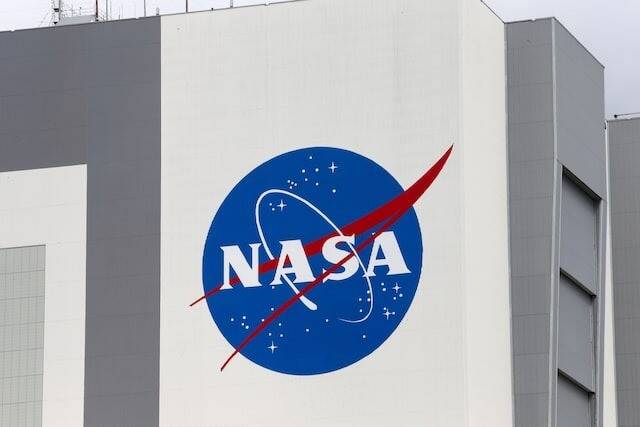In a rare moment of direct diplomacy between the United States and Russia, the newly appointed head of Russia’s space agency, Roscosmos, Dmitry Bakanov, arrived in Houston on Tuesday to meet with NASA leadership — the first face-to-face meeting between the two agencies' chiefs in eight years.

The visit comes amid ongoing geopolitical tensions following Russia’s military actions in Ukraine, which have severely strained relations between Washington and Moscow. Despite the broader breakdown in cooperation, space remains one of the few remaining channels of collaboration between the two former Cold War rivals.
According to a statement from Roscosmos, Bakanov is set to meet NASA's acting administrator, Sean Duffy, to discuss several key issues, including the continuation of the cross-flight program — which allows Russian cosmonauts to fly on U.S. spacecraft and vice versa — and the proposed timeline and strategy for de-orbiting the International Space Station (ISS) into the ocean.
Another major topic will be the potential extension of the ISS’s operational lifetime, which both agencies continue to support despite growing political and financial challenges.
Bakanov's visit also includes meetings with NASA's Crew-11 team ahead of their planned July 31 launch to the ISS aboard SpaceX's Crew Dragon spacecraft. Among the crew is Russian cosmonaut Oleg Platonov, highlighting the ongoing joint flight arrangements even as other areas of U.S.-Russia cooperation have collapsed under the weight of sanctions and diplomatic freezes.
In addition to his meetings with NASA, Bakanov will tour the Lyndon B. Johnson Space Center, as well as visit the spacecraft manufacturing facilities of Boeing and SpaceX — key players in NASA’s commercial spaceflight programs.
Roscosmos has found itself increasingly isolated in the global space community since 2022, as a slew of international sanctions cut off many of its longstanding partnerships. However, the Soyuz spacecraft continues to serve as a critical transport vehicle to the ISS, underscoring Russia’s enduring role in low-Earth orbit operations.
The Russian space program, once a symbol of national pride and prestige, has struggled in recent years with chronic underfunding, corruption allegations, and high-profile mission failures — most notably the crash of the Luna-25 lunar lander in August 2023.


Add comment
Comments